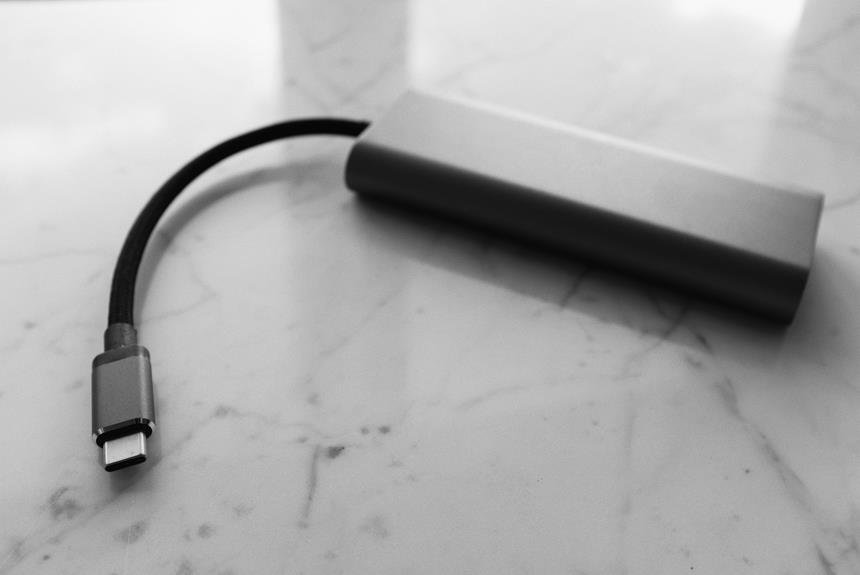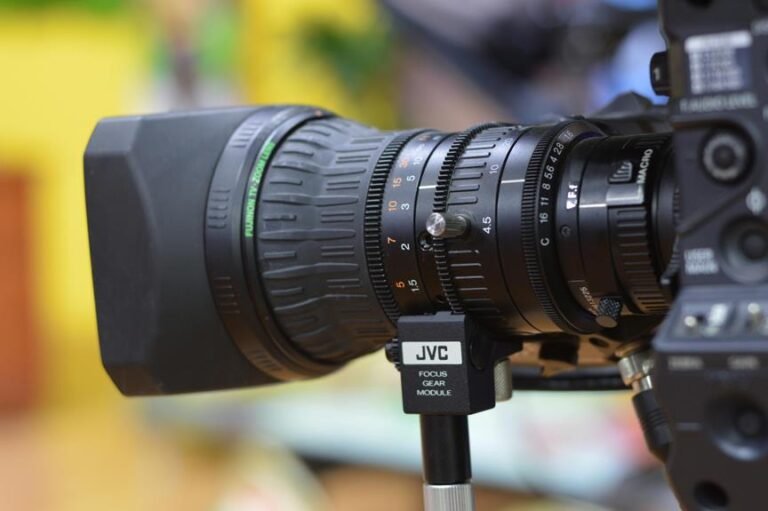Smart Lock Battery Life: How Long Do Batteries Last in Smart Locks?
In smart locks, battery life typically lasts 6 months to 1 year based on usage and factors like extreme temperatures. Lithium batteries are common for their efficiency. Monitoring battery levels, maintaining them, and integrating with smart home systems optimize performance. To extend battery life, adjust settings, perform regular maintenance, and limit remote access use. Notifications alert low battery levels for timely action. Understanding these aspects guarantees your smart lock operates smoothly. Learn about battery types, monitoring techniques, and more to enhance security and efficiency.
A Quick Overview
- Smart locks generally have an average lifespan of 6 months to 1 year.
- Battery life can be influenced by factors such as usage frequency and power consumption.
- It is important to monitor battery levels regularly and replace them promptly to maintain security.
- Using high-quality batteries and optimizing settings can help extend the battery life of smart locks.
- Low battery notifications and power-saving modes can prevent lock disruptions and ensure continuous operation.
Factors Affecting Smart Lock Battery Life
To maximize smart lock battery life, understanding the key factors that influence its longevity is important.
Temperature impact plays a significant role; extreme temperatures can affect battery performance.
Monitoring usage patterns is essential; frequent locking/unlocking activities drain the battery faster.
Proper battery maintenance, such as regular checks and replacements, is necessary for best performance.
Additionally, integrating your smart lock into your smart home system can help manage power consumption efficiently.
Types of Batteries for Smart Locks
Different smart locks utilize various types of batteries to power their mechanisms efficiently and reliably. Battery performance is vital for smart locks to function at their best.
Lithium batteries are commonly used due to their high energy efficiency. They provide a stable power source that guarantees the smart lock operates smoothly.
Choosing the right type of battery is essential for maximizing the security and convenience of your smart lock system.
Average Battery Life of Smart Locks
When considering the ideal functioning of smart locks, understanding the average battery life is key to ensuring smooth operation and reliable security.
Smart locks generally have an average battery life ranging from 6 months to 1 year, depending on factors like power consumption and usage frequency.
Regularly monitoring battery levels and promptly replacing them when needed is essential to prevent lockouts and maintain peak security.
How to Monitor Battery Levels
Monitoring the battery levels of your smart lock can be efficiently done through the lock's accompanying mobile app or by checking the device directly.
- Battery health monitoring: Keep track of the overall health of your batteries.
- Power consumption tracking: Monitor how much power your smart lock is consuming.
- Real-time alerts: Receive notifications when battery levels are low to guarantee your smart lock remains operational.
Tips to Extend Smart Lock Battery Life
To maximize the longevity of your smart lock's battery, implementing certain practices can greatly extend its operational life. Energy saving strategies such as adjusting auto-lock settings and reducing LED brightness can conserve power.
Regular battery maintenance, like cleaning terminals and using high-quality batteries, is essential. Utilize remote access sparingly to reduce battery drain.
Enable security features like two-factor authentication to guarantee efficient and secure operation.
Low Battery Notifications and Warnings
Make sure you're aware of the low battery notifications and warnings provided by your smart lock to avoid unexpected disruptions in its operation.
- Battery Replacement: Receive alerts when battery levels are low.
- Energy Saving Features: Smart locks often have power-saving modes to conserve battery life.
- Warning Signals: Some locks emit audible or visual signals to indicate low battery levels.
When to Replace Smart Lock Batteries
Keep a close eye on the battery levels of your smart lock to guarantee peak performance and security. Regular battery monitoring is vital to avoid unexpected lockouts.
When the battery levels start to decrease, consider replacing them promptly to prevent any interruptions in functionality. Most smart locks will provide low battery alerts, but it's advisable to proactively schedule battery replacement to guarantee continuous operation and peace of mind.
Eco-Friendly Battery Options
Monitoring the battery levels of your smart lock is essential for peak performance and security; considering eco-friendly battery options can further enhance sustainability and reduce environmental impact.
When choosing eco-friendly choices for your smart lock, you can opt for rechargeable alternatives, solar-powered options, or other sustainable power sources.
These environmentally friendly options not only help reduce waste but also promote a greener lifestyle.
Frequently Asked Questions
Can Extreme Weather Conditions Affect Smart Lock Battery Life?
Extreme weather conditions, like temperature fluctuations, can impact smart lock battery life. Confirm your smart lock has weatherproofing measures to shield it from harsh elements. These precautions can help maintain peak battery performance in all conditions.
Is There a Risk of Hackers Draining Smart Lock Batteries?
When considering remote access to your smart lock, be aware of security risks. Implementing battery optimization and energy-saving features can mitigate the risk of hackers draining smart lock batteries. Stay vigilant in safeguarding your system.
Do Smart Locks Drain Batteries Faster With Frequent Use?
With frequent use, smart locks may drain batteries faster. Battery efficiency depends on user behavior like how often the lock is engaged. Regularly checking and optimizing usage patterns can help prolong battery life.
Can Pets or Wildlife Trigger Unnecessary Battery Drain?
If pets or wildlife trigger unnecessary battery drain in your smart lock, consider adjusting sensitivity settings or using vacation mode when away. Monitor pet behavior remotely to make sure no interference. Wildlife activity may occasionally impact battery life.
How Does Battery Life Vary Between Different Smart Lock Brands?
When it comes to battery efficiency in smart locks, the duration can vary among brands. Factors such as power consumption during operation and standby mode, as well as the quality of the lock's components, influence battery life.






